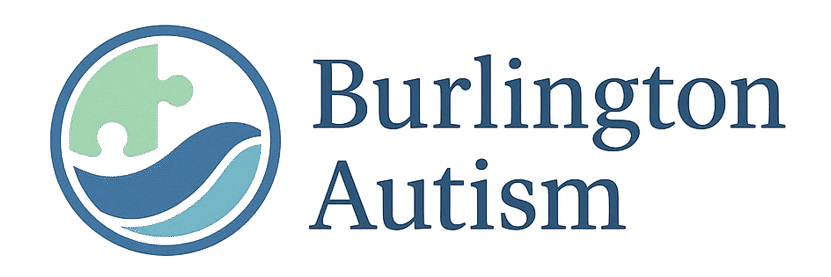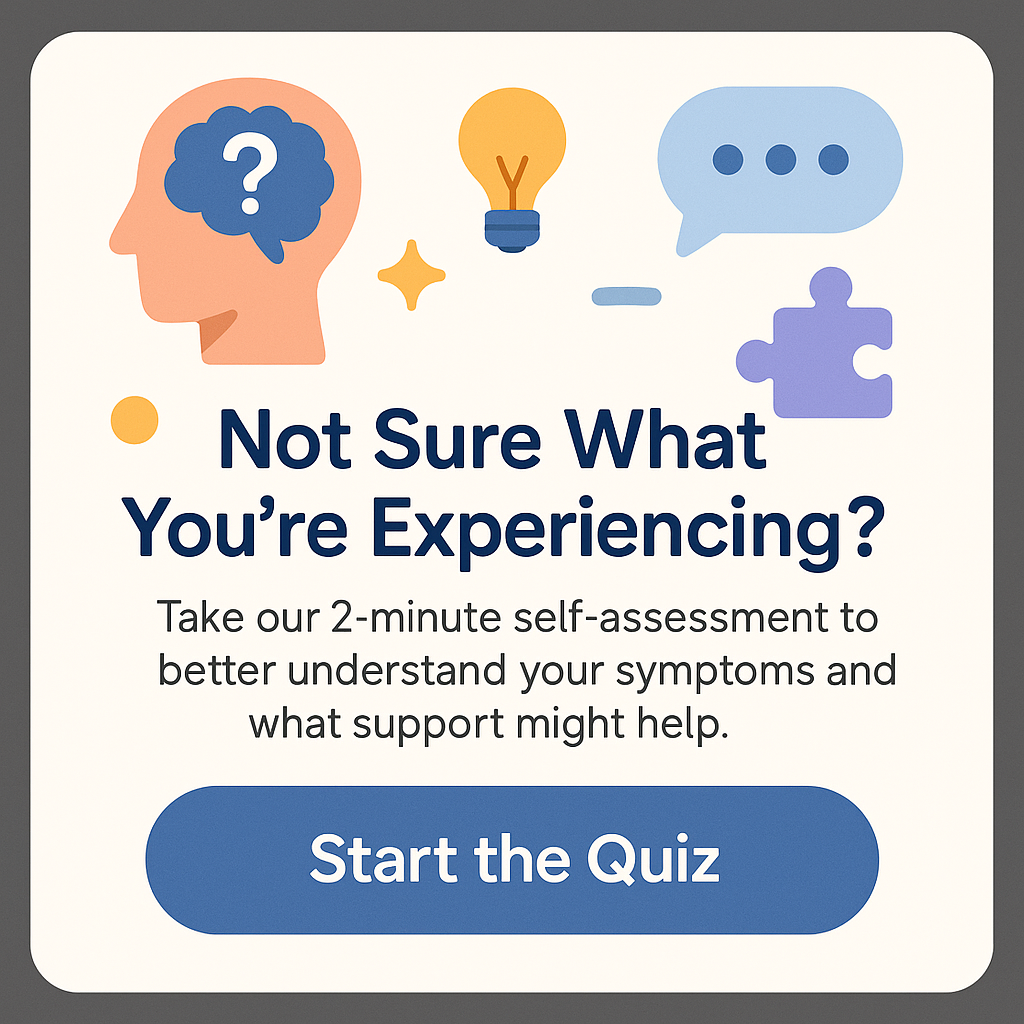Can a Family Doctor Diagnose Autism in Ontario?
Wondering if a family doctor can diagnose autism in Ontario? Discover the steps and processes involved in this important journey. Autism spectrum disorder (ASD) is a complex condition that affects individuals in various ways. As a parent or caregiver, understanding how autism is diagnosed and the role family doctors play in that diagnosis can be incredibly beneficial. Many families find themselves asking, ‘Can a family doctor diagnose autism in Ontario?’ This question is pivotal, especially when you observe signs of autism in your child or loved one.
In Ontario, the journey to diagnosis is not as straightforward as simply visiting a family doctor. While these medical professionals are equipped to recognize early signs of autism and guide families to appropriate resources and specialists, a definitive diagnosis typically involves a comprehensive assessment by a specialist. In this article, we’ll delve into the role of family doctors in diagnosing autism, what steps they take, and how families can navigate this process effectively.
The Role of Family Doctors in Autism Diagnosis
Can a family doctor diagnose autism in Ontario? The short answer is that family doctors play an essential role in the preliminary steps towards a diagnosis, but they are not usually the final authority on confirming autism. Family doctors are often the first point of contact for families concerned about developmental delays or behavioral issues in children. Here’s how they fit into the autism diagnosis process:
1. Initial Observations
Family doctors are trained to observe developmental milestones as part of routine health checks for children. They may notice atypical behaviors or developmental delays that raise suspicions of ASD. Common signs that a family doctor might look for include:
- Lack of eye contact
- Delayed speech or lack of verbal communication
- Difficulty in engaging with peers or adults
- Unusual interests or repetitive behaviors
Based on these observations, the family doctor can initiate conversations with parents about their concerns and offer guidance on the next steps to take.
2. Referrals to Specialists
If a family doctor suspects autism, they’ll likely refer the child to a pediatrician or a multidisciplinary team specializing in autism assessments. This team typically includes psychologists, speech-language pathologists, and occupational therapists who can conduct comprehensive evaluations. The family doctor serves as a critical facilitator of this process, providing referrals and coordinating care among specialists.
3. Ongoing Support and Monitoring
After a referral is made, the family doctor continues to play a vital role in the patient’s journey. They can support families by offering routine health care, monitoring the child’s growth, and managing any coexisting conditions, such as anxiety or ADHD, which are common among individuals on the autism spectrum. Ongoing communication between the family doctor and specialists also ensures that the entire care team is aligned on the best strategies and interventions for the child.
While family doctors can help identify potential autism signs and facilitate referrals, they typically do not provide the final diagnosis. Thus, understanding the role they play is vital for families starting this journey.
Steps to Take if You Suspect Autism
If you’re wondering if a family doctor can diagnose autism in Ontario and you suspect that your child may have autism, here are some steps you can take:
1. Keep Track of Developmental Milestones
Document any concerns you have about your child’s behavior or development. Are they hitting typical milestones for their age, such as speaking, socializing, and playing with others? Keeping a record can provide valuable insights when discussing your concerns with a doctor.
2. Schedule an Appointment with Your Family Doctor
Bring up your concerns during regular check-ups. Your family doctor will likely conduct a developmental screening to assess your child’s progress and identify any red flags. Be honest and open about your observations; this dialogue is crucial.
3. Follow Through on Referrals
If your family doctor recommends seeing a specialist, it’s vital to follow through promptly. The sooner a comprehensive evaluation can take place, the better. Autism assessments often require an interdisciplinary approach that can involve multiple appointments.
4. Join Support Groups
Connecting with other parents who have gone through the autism diagnosis process can provide emotional support, resources, and valuable insights into navigating health care and education systems. Support groups are often available locally or can be found online.
While the preliminary evaluation can occur with your family doctor, remember that a formal diagnosis will typically rest with specialists trained to assess and diagnose autism.
Understanding the Autism Assessment Process
Now that we’ve addressed the question, “Can a family doctor diagnose autism in Ontario?” let’s explore what the actual assessment process looks like. Understanding this process can demystify what to expect and alleviate some anxieties.
1. Comprehensive Evaluation
The assessment process usually begins with a comprehensive evaluation, which involves multiple components:
- Parental Questionnaires: Parents may be asked to fill out questionnaires regarding their child’s behavior, development, and social interactions.
- Direct Observations: A trained clinician will observe the child during structured and unstructured activities to assess communication, social skills, and behavior.
- Standardized Tests: Depending on the child’s age and development, standardized testing may be performed to evaluate cognitive and language skills.
2. Collaboration with Schools and Caregivers
In many cases, professionals will reach out to teachers and caregivers to gather a broader understanding of the child’s behavior in different settings. Input from multiple sources enriches the evaluation process, providing a holistic view of the child’s abilities.
3. Multidisciplinary Approach
As mentioned earlier, autism assessments involve a team of specialists. This multidisciplinary approach means that your child will be assessed from various perspectives, ensuring a comprehensive understanding of their strengths and challenges. This team might include child psychologists, pediatricians, occupational therapists, and speech-language pathologists, all contributing to a well-rounded evaluation.
4. Diagnosis and Recommendations
After the evaluation is complete, the team will compile their findings and discuss the results with the family. If a diagnosis of autism is made, this will be followed by personalized recommendations for interventions, therapies, and support systems available in Ontario.
Getting a diagnosis can often be a relief. It provides clarity and a path forward, even if that path may involve challenges. An accurate diagnosis opens doors to resources, therapies, and education plans aimed at supporting your child’s unique needs.
Conclusion
In summary, while family doctors in Ontario play an essential role in the journey toward an autism diagnosis, they are generally not the ones who make the final call. They observe, refer, and support. Parents and caregivers should feel empowered to discuss concerns and seek help early on, ensuring timely access to resources and specialists who can provide comprehensive assessments. The road might be long and winding, but with the proper support, you will find your way.
Understanding that you don’t have to navigate this path alone is crucial. Many resources, communities, and professionals are ready to assist individuals and families dealing with autism. Therefore, if you suspect autism, don’t hesitate to take the first step and schedule that appointment with your family doctor.
FAQs
1. Can a family doctor provide therapy for autism?
No, family doctors typically refer patients to specialists who provide therapy and specific interventions for autism.
2. How long does the autism assessment process take?
The assessment process can take several weeks to months, depending on the availability of specialists and the complexity of the evaluation.
3. What are the common interventions recommended for autism?
Common interventions include speech therapy, occupational therapy, behavioral therapy, and educational support, tailored to the individual needs of the child.
4. Are there resources available for parents of children with autism?
Yes, many organizations and support groups provide resources, seminars, and community for parents, including Autism Ontario and local health units.
5. Can adults be diagnosed with autism?
Yes, autism can be diagnosed at any age. Some individuals may not receive a diagnosis until adulthood, often when they look for answers to longstanding struggles with social interaction.
Can autism get worse if untreated?
What is an example of a socially significant behavior?
Does Autism Affect Intelligence? Understanding the Connection







